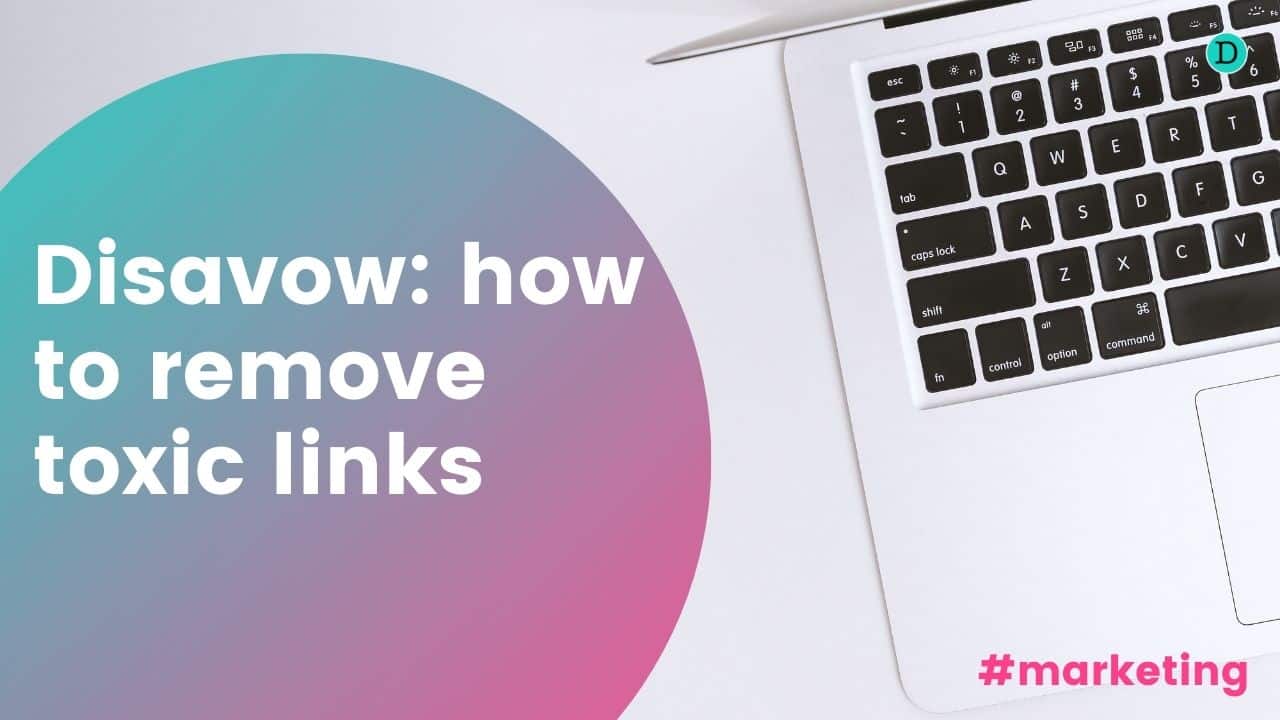
Digital Marketing Manager
It is true that the Internet has democratised access to online business.
Nowadays, anyone with minimal digital knowledge can access, at least, to have their own website and start selling their products or services.
Well, selling are big words; but at least you can try.
I am fortunate enough to spend my days and work with people who have very good ideas (and intentions) and I am fascinated by the confusion that still exists around digital business and the Internet.
The lack of foresight, improvisation and lack of consistency in these businesses is truly shocking.
And by some bizarre stroke of luck, something that any entrepreneur would never build in the offline world, they feel they must build in the digital environment.
Why does this happen, why does someone at a certain point in their life execute that “I want to build something online”?
I think there are many reasons why this happens, but I see three key reasons and one very important one.
- We think we have a very new service / product, but we have never tested it.
- We think it’s simple. All we have to do is create a website and publish it on social media.
- We believe that it is not necessary (or we don’t even consider it) to allocate an annual marketing budget and we take it for granted that the Internet is cheap (this is the main reason I was talking about).
And this, dear reader, is the explosive mix that incites any mortal to build a business on the Internet.
If we add to this the courses of all the smoke-sellers that roam the Internet, we have the perfect storm to get home at night with tons of frustration.
This content aims to avoid just that.
Or, at least, I hope that if you are thinking of starting an online business, you know from the start what you are getting into and you get rid of the idea that with 5 euros a day on Facebook you are going to sell something or that your cousin from the village does SEO for 200 euros a month.
If that were the case, we would all be millionaires selling what do you know on Instagram.
Digital business is hard, complex, very competitive and, yes, it costs a lot more money than you think.
After more than 10 years of experience and analysing proposals of all kinds and in every sector, I have pinpointed 5 reasons why these types of businesses should not be launched.
I’ll get to it.
1. No business or digital marketing plan
índice
Of course, I don’t believe that a company should have a business plan for more than three years and an online marketing plan for more than 6 months.
But it has to have something.
What can’t happen is that someone has an idea in their head and throws it into the void because they can set up a website in an afternoon.
This happens every day.
You are interested in: Digital marketing in 2022
There has to be a way forward that is open (and more so online) to flexibility and pivoting; but there has to be a way forward.
In this sense, you will need to have enough know-how and resources to be able to undertake it in a serious way.
2. You have not defined these three areas of the project
To summarise a lot (especially in small projects it works well), there are three areas that need to be very well worked out before jumping into the digital jungle.
- Technology.
- Branding.
- Tactics.
Understand me, you don’t have to be Apple (you don’t have to be); but a business website has to work as excellently as possible to compete with the rest of the players from the first day of launch.
This means that, on a technological level, your company’s shop window has to be perfect, well thought out and well thought out (it is thought out before and not after launching it).
In relation to branding, I also encounter many problems in the day-to-day work of the agency.
Companies that don’t know what they are, that lack discourse, that want to be several things at the same time. In short, they do not have a brand discourse or a clear competitive advantage.
If there is not a competitive advantage, there is no business, as there is no discourse.
On the other hand, it is necessary to define a strategy on the brand discourse and to choose the channels at a tactical level.
If, at least, these three areas do not exist in the project, you do not have a project.
3. You do not have a specialised marketing team
Let’s see.
Either you launch a digital business well or you don’t launch it at all.
A true digital business is cross-functional, omnichannel, data-driven and multi-disciplinary.
This means that in reality, even if you can’t or don’t want to pay for it, you’re going to need a marketing team to work on all the areas required for a digital business.
Content, SEO, SEM, analytics, data, CRM, email, development, social, creativity?
Sound familiar? Well, one person alone can’t do it.
Count on it before jumping into the digital void.
4. You don’t have a budget or you think it’s cheap
This is one of the main problems we encounter.
90% of these types of businesses (I am not referring to large companies, of course) do not have budgeted marketing expenditure for the launch and maintenance of their business.
Others believe that they are going to sell their new product massively from day 1 of launch by investing a ridiculous amount in advertising.
Let me be clear.
Advertising, creative, SEO, data analysis, strategic proposals and the execution of these are not cheap. And if you don’t have a defined budget to support the start-up of your business, my recommendation is that you don’t execute it.
You will save yourself a lot of money and unnecessary headaches.
5. You don’t base your decisions on data and you think too much
Decision-making must be based on data, not intuition or opinion.
I say opinions, and not A/B testing or experimentation.
From keywords to ad copy; from creatives to layout of elements on a web page.
Don’t make opinions without data.
Launch hypotheses instead of opinions and verify them to move forward or get rid of them; but always focused on achieving a continuous process of improvement for your business.


